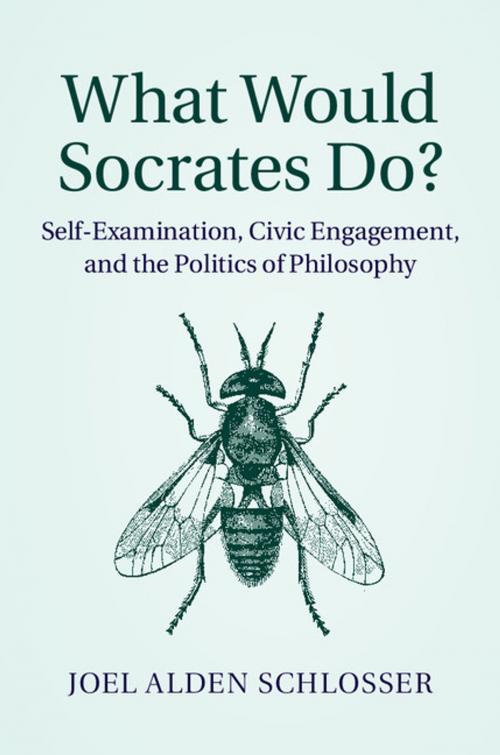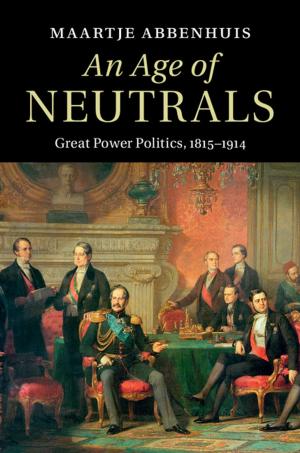What Would Socrates Do?
Self-Examination, Civic Engagement, and the Politics of Philosophy
Nonfiction, Social & Cultural Studies, Political Science, Politics, History & Theory, Religion & Spirituality, Philosophy| Author: | Joel Alden Schlosser | ISBN: | 9781316020937 |
| Publisher: | Cambridge University Press | Publication: | July 14, 2014 |
| Imprint: | Cambridge University Press | Language: | English |
| Author: | Joel Alden Schlosser |
| ISBN: | 9781316020937 |
| Publisher: | Cambridge University Press |
| Publication: | July 14, 2014 |
| Imprint: | Cambridge University Press |
| Language: | English |
Socrates continues to be an extremely influential force to this day; his work is featured prominently in the work of contemporary thinkers ranging from Hannah Arendt and Leo Strauss, to Michel Foucault and Jacques Rancière. Intervening in this discussion, What Would Socrates Do? reconstructs Socrates' philosophy in ancient Athens to show its promise of empowering citizens and non-citizens alike. By drawing them into collective practices of dialogue and reflection, philosophy can help people to become thinking, acting beings more capable of fully realizing the promises of political life. At the same time, however, Joel Alden Schlosser shows how these practices' commitment to interrogation keeps philosophy at a distance from the democratic status quo, creating a dissonance with conventional forms of politics that opens space for new forms of participation and critical contestation of extant ones.
Socrates continues to be an extremely influential force to this day; his work is featured prominently in the work of contemporary thinkers ranging from Hannah Arendt and Leo Strauss, to Michel Foucault and Jacques Rancière. Intervening in this discussion, What Would Socrates Do? reconstructs Socrates' philosophy in ancient Athens to show its promise of empowering citizens and non-citizens alike. By drawing them into collective practices of dialogue and reflection, philosophy can help people to become thinking, acting beings more capable of fully realizing the promises of political life. At the same time, however, Joel Alden Schlosser shows how these practices' commitment to interrogation keeps philosophy at a distance from the democratic status quo, creating a dissonance with conventional forms of politics that opens space for new forms of participation and critical contestation of extant ones.















